
Contact Us
Get in touch with us using the form or details below. We look forward to hearing from you!
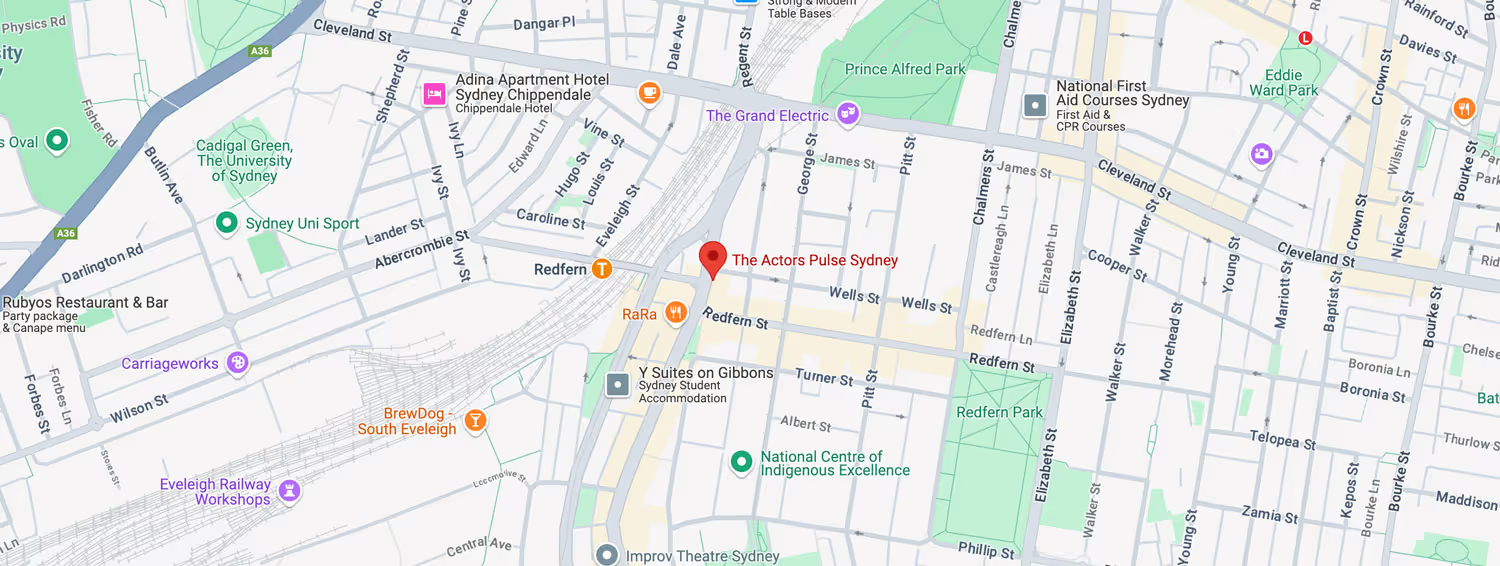
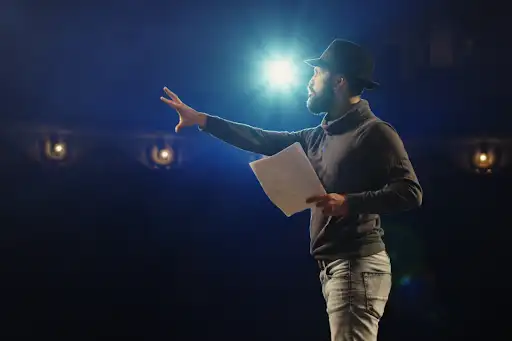
Have you ever sat and thought about your dream career and wondered whether you have what it takes to pursue it? While some career paths have very specific requirements in terms of educational qualifications, acting does not.
Where poor grades or an inability to secure a place in university could act as a barrier to achieving certain career outcomes, acting is open to anyone.
However, just as with any job, there are skills to be learned and attributes that make it a better fit for some than others.
If you’ve ever considered acting as a career and want to learn more about whether it is right for you, read on.
Before you get your heart set on acting it can be helpful to know if you’re naturally suited to it.
While absolutely anyone can become an actor with enough dedication and training, your success and enjoyment of this career will largely rely on if you possess the following:
Actors must be able to step into and embody their roles. Interpreting a character’s feelings and motivations creatively and compellingly is the key to a great performance.
If you find it easy to lose yourself in performance and love creative expression, acting will feel easy for you and your performances will be more believable too.
While it’s true that even the most seasoned actors can get nervous at times, actors generally need to be unphased by an audience. The best actors thrive on audience attention and feel no shame or embarrassment in putting themselves out there. They have a passion for performing.
If you are someone who feels sick at the thought of standing in front of a crowd and being the centre of attention, you will certainly find acting a challenge.
Even the most confident among us can get worn down by constant rejection. Actors face rejection regularly as part of the audition process and if they let this get to them, their careers would be over.
To become an actor you must be willing to face this rejection, brush it off and focus on the next audition. You will have to audition throughout your career and even established actors lose out to coveted roles, it’s a competitive industry, so persistence is key.
Does the idea of a 14-hour-plus day scare you? Do you feel exhausted just thinking about it? Actors regularly work extremely long hours that are physically and mentally demanding.
Depending on the role you could be in heavy costumes, dancing, singing, performing stunts and more for hours on end. For stage performances, this could mean doing this repeatedly every day, sometimes multiple times a day, all while under hot stage lights.
If you’re an energetic person who enjoys physical fitness, this aspect of acting will be much easier to manage.
With every new role you secure, you’ll be expected to memorise lines. For lead roles, this could be hundreds of pages of dialogue.
If you have a natural ability to remember things this will make life easier, however, there are several great techniques you can use to learn and master this skill too.
Do you tend to mumble or struggle to project your voice without straining it? If so, this is something you’ll need to work on. Clear speech and correct volume are essential to making sure your audience can hear and understand you.
These skills are especially important for theatre acting when you are performing in front of a live audience.
If you hate reading, you may want to reconsider becoming an actor. Actors are expected to read and re-read scripts, paying close attention to the details of storylines. You need to not only focus on your part but those of anyone acting alongside you too.
This is necessary to understand the scope of the project and for a proper understanding of your role.

As mentioned above, you don’t have to have all of these attributes to succeed as an actor – some of these can be learned and mastered through dedication. In fact, ongoing training is something most actors invest in to stay at the top of their game.
For this reason, a willingness to learn is vital in determining whether acting is for you.
Sure, there is no formal degree or educational requirement for becoming an actor, but attending acting classes is highly recommended. No matter how well-suited you are to acting, everyone benefits from acting classes.

Through acting classes, you learn valuable skills that both casting directors and directors alike will appreciate. These include:
Remember, acting is both a skill and a talent so it is wise to invest in the honing of your skills throughout your career.
At The Actors Pulse, we help you harness your natural acting abilities and teach you the necessary skills and techniques to become a successful actor.
As the Southern Hemispheres’ leading school for the Meisner technique, we offer American-style acting classes both online and in-person. Whether you dream of acting on stage, screen or television, we support you to grow your career opportunities and deliver outstanding performances.
With over 25 years teaching, The Actors Pulse understands exactly how to revive the imaginative and make-believe instincts we possess as children for truly authentic performances.
Embrace a career in acting with confidence and a solid foundation thanks to the Actors Pulse, call 0414 475 5151 today to learn more.

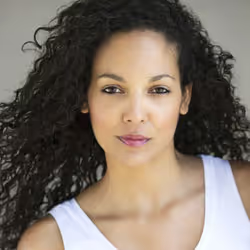
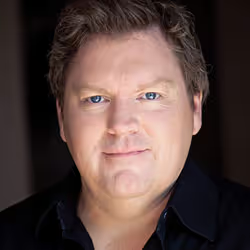


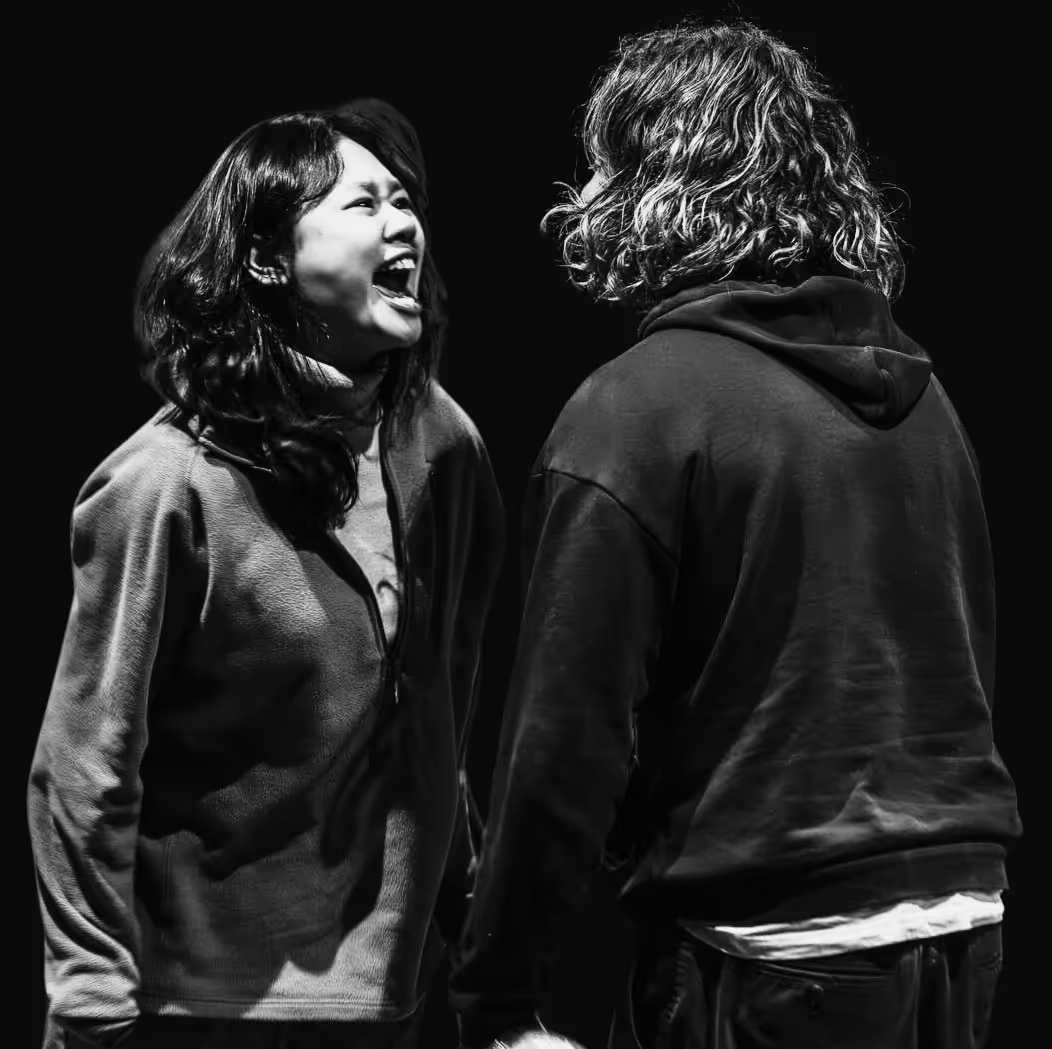



Get in touch with us using the form or details below. We look forward to hearing from you!
